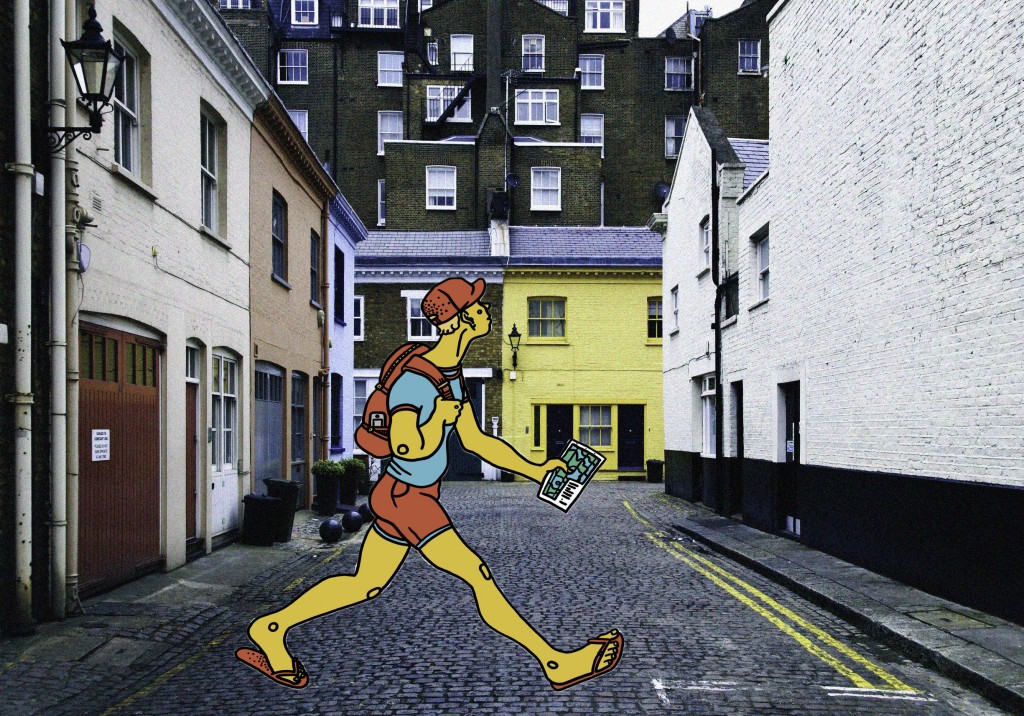Carl is our resident jetsetter at Weekly Gravy. We got him to share some of the wisdom he’s distilled over his years of living out of suitcases and trying to get to the bathroom from the window seat.
Some people are old pros at trekking across this great big planet of ours. Others only dream of worldly adventures, or are just about to embark on their first major trip. Regardless of which category you fall into — and while acknowledging that every country presents its own unique challenges — there are a few basic things you can do to prepare yourself to make your travels as hassle-free as possible.
Even though a few of these items might seem like no-brainer, common-sense suggestions, they do bear repeating. Being prepared, as any scout selling cookies can tell you, is never a bad thing. Here are five travel nuggets to help you survive as you explore the globe.
Be Prepared for All Kinds of Plugs and Voltage Currents
The world runs on power (literally, electricity). The kind of power available to you, and how you can access that power, varies from place to place. The basic breakdown is voltage and hertz, ranging from 110 V (many Caribbean islands) to 240 V (Zimbabwe, for example). North American countries, like the US, tend to be in the 120 V/60 Hz bracket, while Europe generally falls into the 230 V/50 Hz range.
You’ll need adapters for different types of plugs (three prongs in the UK, two round prongs in mainland Europe), often sold in travel kits, as well as a host of other IEC (International Electrotechnical Commission) plug types (types A-N) — and possibly even an electricity converter or transformer for older devices. Modern digital devices, like smart phones and laptops, which are built for travel, can usually take a variety of different charges.
Don’t Keep All of Your Cards, Cash and Documents in the Same Place
Make sure your bring backup identifications (passport, driver’s license, photocopies of said documents), backup cash, and backup ways of paying for things (debit and credit cards). And most importantly, don’t keep all of this stuff together. Have your passport, a debit card and some cash on you. Keep other cards and photocopies of documents in your luggage, or better yet, a hotel safe. That way, if you lose your wallet or bag, or someone swipes it from you, you won’t be left totally helpless, without access to funds or a way to prove your identity.
Don’t Over-pack
Pack important medication and essential travel gear. But if you bring a parka to a warm climate, just in case you might need it, or three extra umbrellas, you’re overdoing it a tad.
Guess what, most of the rest of the world has stores too — so if you really need something (like a second umbrella after your first one rips apart in a torrential storm), you can pick it up while overseas. Of course, if you’re climbing a mountain in the Himalayas, the list of gear you do need to bring will increase significantly.
Be Brave, and Dive Into the Local Scene
Sure, you can eat in the hotel, have a tour guide take your everywhere, and admire all of the monuments without interacting with too many locals. But if you really want to know a place, eat the street food, head to some unexpected places or restaurants not in the guide books (ask around), strike up a conversation with people from the land you’re visiting (with hand gestures and smiles if you don’t both speak the same language), and really dive into the local scene. That way you’ll be able to learn and experience something new.
Bring Several Sets of Earplugs and a Packable Head or Neck Pillow
If you’re the type who can sleep in any position, even ones that would make a contortionist quail, or you sleep like the dead, you can ignore this travel nugget. For those of you who are light sleepers, or enjoy your fluffy beds, bring several sets of earplugs (they tend to get lost) and a travel head or neck pillow (for buses, trains and planes) so you can catch up on some much needed ZZZs outside of your hotel room, or while you travel about.


























